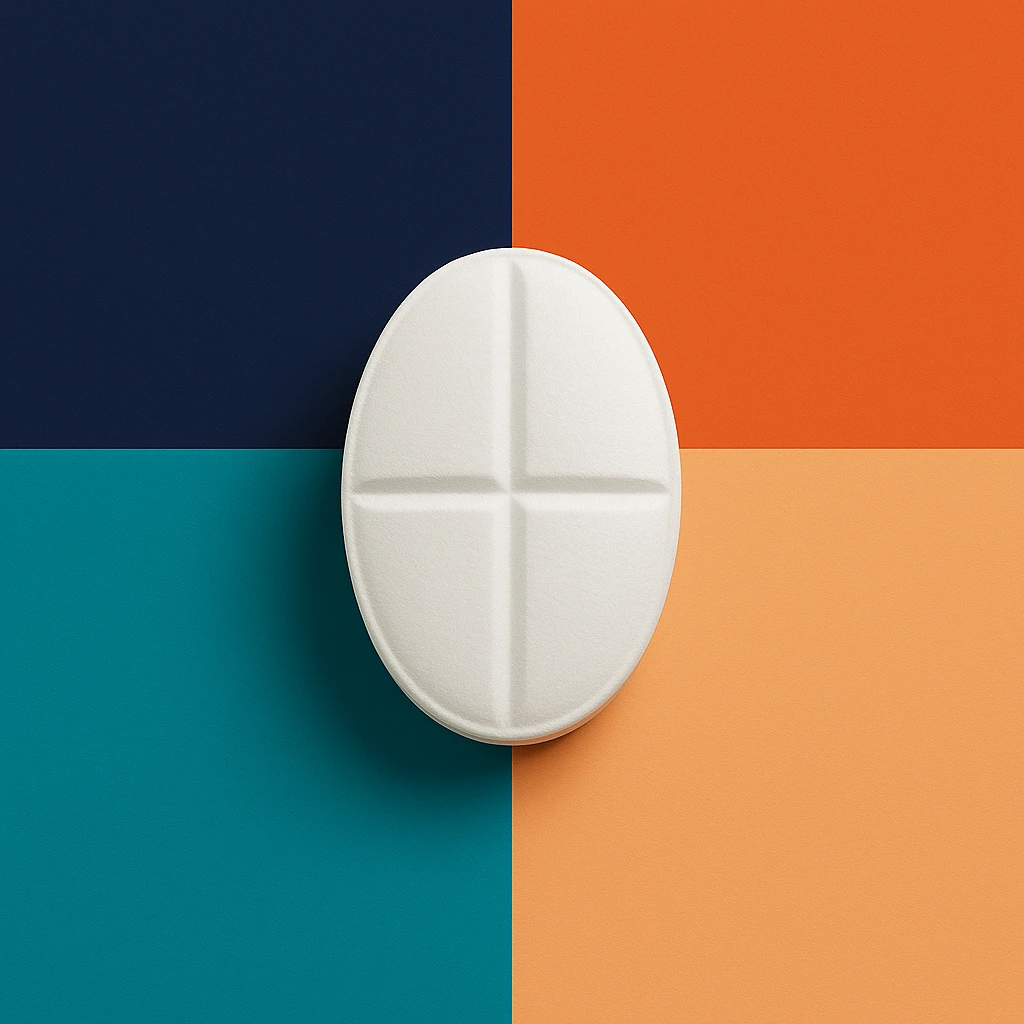


What is methylprednisolone?
Methylprednisolone, a corticosteroid, is similar to a natural hormone produced by your adrenal glands. It is often used to replace this chemical when your body does not make enough of it. It relieves inflammation (swelling, heat, redness, and pain) and is used to treat certain forms of arthritis; skin, blood, kidney, eye, thyroid, and intestinal disorders (e.g., colitis); severe allergies; and asthma. Methylprednisolone is also used to treat certain types of cancer.
This medication is sometimes prescribed for other uses; ask your doctor or pharmacist for more information.
How should this medicine be used?
Methylprednisolone comes as a tablet to take by mouth. Your doctor will prescribe a dosing schedule that is best for you. Follow the directions on your prescription label carefully, and ask your doctor or pharmacist to explain any part you do not understand. Take methylprednisolone exactly as directed. Do not take more or less of it or take it more often than prescribed by your doctor.
Do not stop taking methylprednisolone without talking to your doctor. Stopping the drug abruptly can cause loss of appetite, upset stomach, vomiting, drowsiness, confusion, headache, fever, joint and muscle pain, peeling skin, and weight loss. If you take large doses for a long time, your doctor probably will decrease your dose gradually to allow your body to adjust before stopping the drug completely. Watch for these side effects if you are gradually decreasing your dose and after you stop taking the tablets. If these problems occur, call your doctor immediately. You may need to increase your dose of tablets temporarily or start taking them again.
What special precautions should I follow?
Before taking methylprednisolone,
What side effects can this medication cause?
Methylprednisolone may cause side effects. Tell your doctor if any of these symptoms are severe or do not go away:
If you experience any of the following symptoms, call your doctor immediately:
If you experience a serious side effect, you or your doctor may send a report to the Food and Drug Administration's (FDA) MedWatch Adverse Event Reporting program online (https://www.fda.gov/Safety/MedWatch) or by phone (1-800-332-1088).
In case of emergency/overdose
In case of overdose, call the poison control helpline at 1-800-222-1222. Information is also available online at https://www.poisonhelp.org/help. If the victim has collapsed, had a seizure, has trouble breathing, or can't be awakened, immediately call emergency services at 911.
🔗 Reference: https://medlineplus.gov/druginfo/meds/a682795.html